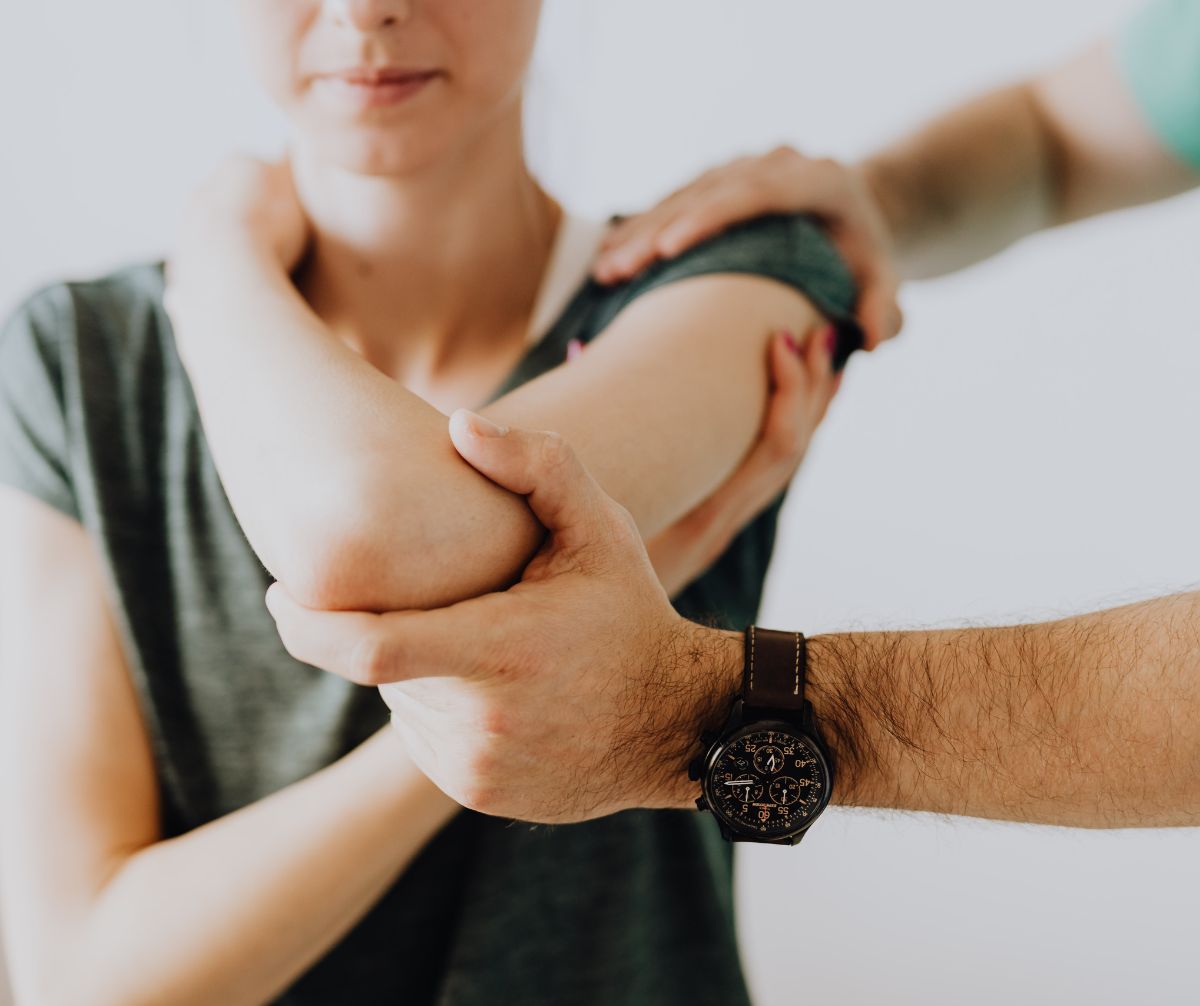Wearable technology has become an integral part of modern life, revolutionizing the way we live, work, and play. Wearable devices have brought about a seismic shift in how we monitor and manage our health.
From fitness trackers to smartwatches, these gadgets have empowered individuals to take control of their well-being like never before.
Wearable devices have brought about a seismic shift in how we monitor and manage our health. From fitness trackers to smartwatches, these gadgets have empowered individuals to take control of their well-being like never before.
One of the most significant impacts of wearables is their role in promoting a healthier lifestyle. With built-in sensors, these devices can track our daily steps, heart rate, sleep patterns, and more. This data enables us to set fitness goals, monitor our progress, and make informed decisions about our health.
Wearables have also become crucial tools for early detection and preventive healthcare. They can monitor vital signs continuously and alert us to potential health issues. For example, some wearables can detect irregular heartbeats, helping individuals seek medical attention promptly.
Beyond health, wearables have infiltrated the workplace, enhancing productivity and efficiency. Smartwatches, in particular, have become indispensable for professionals.
Motion Sensing: Wearables like smartwatches and fitness trackers often have gyroscopes and accelerometers, which are accurate in detecting movements and orientations. They can detect screen orientation changes and recognize specific gestures.
Fall Detection: Some smartwatches and wearables have fall detection capabilities. These sensors can identify falls accurately and send alerts for assistance, providing a safety feature for seniors or those at risk of falls.
Hiking and Outdoor Navigation: Wearables designed for outdoor activities have altimeters and precise GPS tracking, making them reliable tools for hikers, mountaineers, and adventurers.
Sleep Apnea Detection: Advanced wearables have sensors that can detect sleep apnea events. While they provide valuable data, a formal diagnosis should still be obtained through a sleep study conducted by a healthcare professional.
Continuous Glucose Monitoring (CGM): Wearable CGMs provide accurate and continuous glucose readings for individuals with diabetes. They offer real-time insights into blood sugar levels, helping with better diabetes management.
Understanding the accuracy of wearables helps users leverage their benefits for daily health and fitness monitoring. It’s essential to select a device aligned with your specific needs and consider professional medical guidance for critical health measurements. Always refer to the manufacturer’s guidelines for optimal accuracy and reliability.


